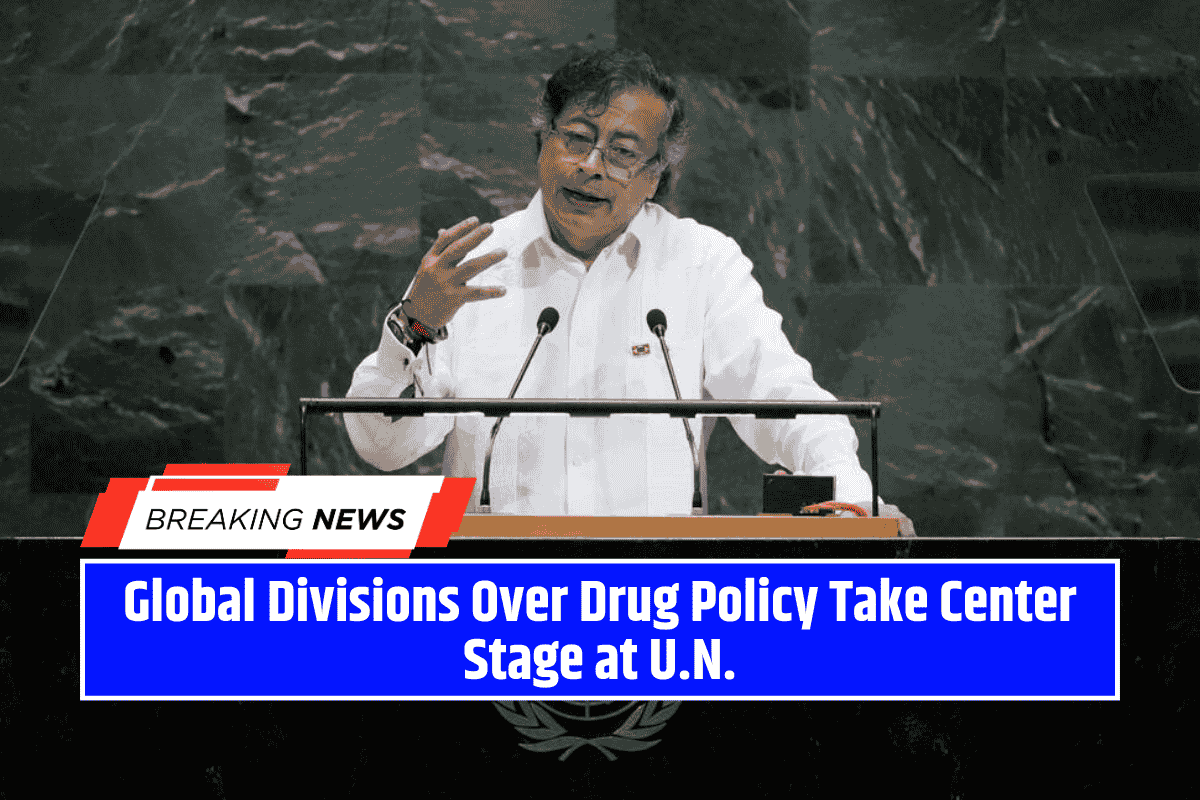Efforts to curb inappropriate opioid prescribing in response to the U.S. opioid crisis have not deprived cancer patients of needed pain relief, a new study finds.
Researchers reported in the October issue of Cancer that while opioid prescriptions for cancer patients declined between 2016 and 2020, access remained stable for those with advanced cancer pain.
“Reassuringly, our study shows that declines in opioid prescribing for patients with cancer appear to reflect clinical judgment and context,” said lead author Dr. Laura Van Metre Baum, a hematologist at Dana-Farber Cancer Institute who conducted the research while at Yale School of Medicine.
Declines Reflect Patient Needs
The analysis included more than 10,000 newly diagnosed cancer patients treated within the Yale New Haven Health System in Connecticut between 2016 and 2020.
Key findings include:
- New opioid prescriptions dropped from 71% in 2016 to 65% in 2020.
- Refill rates fell from 27% to 24%.
- Among patients with severe pain from metastatic cancer, new prescription rates stayed stable at 56%.
- Among metastatic patients without pain, opioid prescriptions dropped from 61% to 36%.
- For patients undergoing cancer surgery, prescriptions declined only slightly — from 96% to 89%.
These results suggest prescribing patterns aligned more closely with patient pain levels rather than reflecting blanket restrictions.
Balancing Access and Safety
The findings are particularly significant given concerns that opioid reduction policies might unintentionally harm patients with legitimate pain needs, such as those battling cancer.
“The treatment of cancer-related pain in the setting of the ongoing opioid epidemic is complicated,” Van Metre Baum said.
Next Steps
Researchers stress that more study is needed to ensure patients receive adequate pain relief while minimizing risks of addiction and overdose.
“Important questions remain regarding how to best ensure adequate treatment of cancer pain for all patients,” Van Metre Baum added.
The study provides cautious reassurance that policies aimed at curbing misuse have so far avoided cutting off essential relief for cancer patients in pain.






